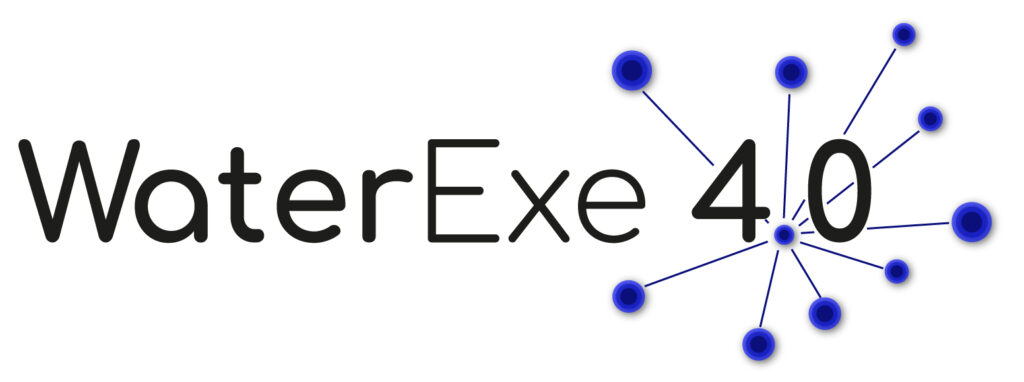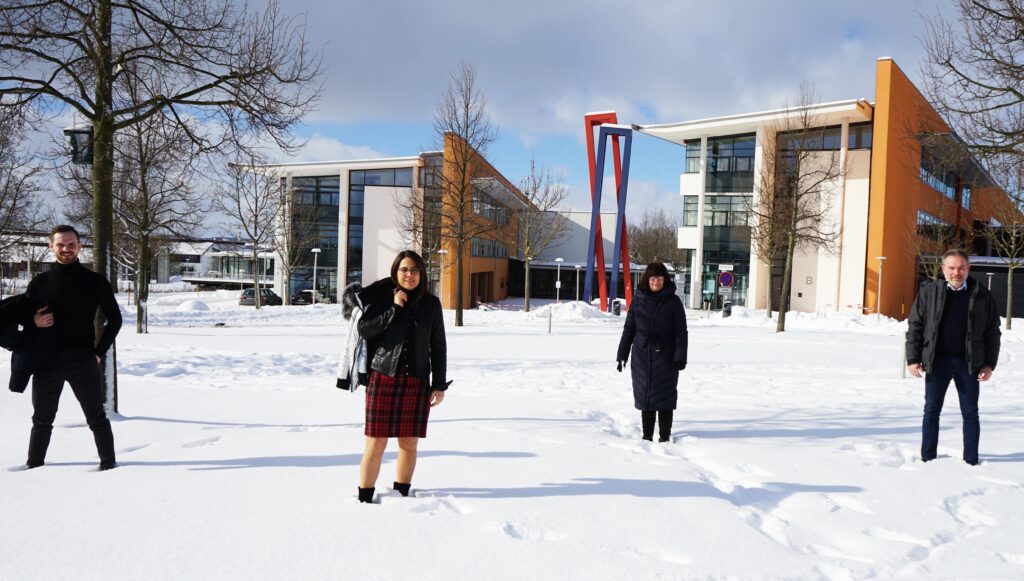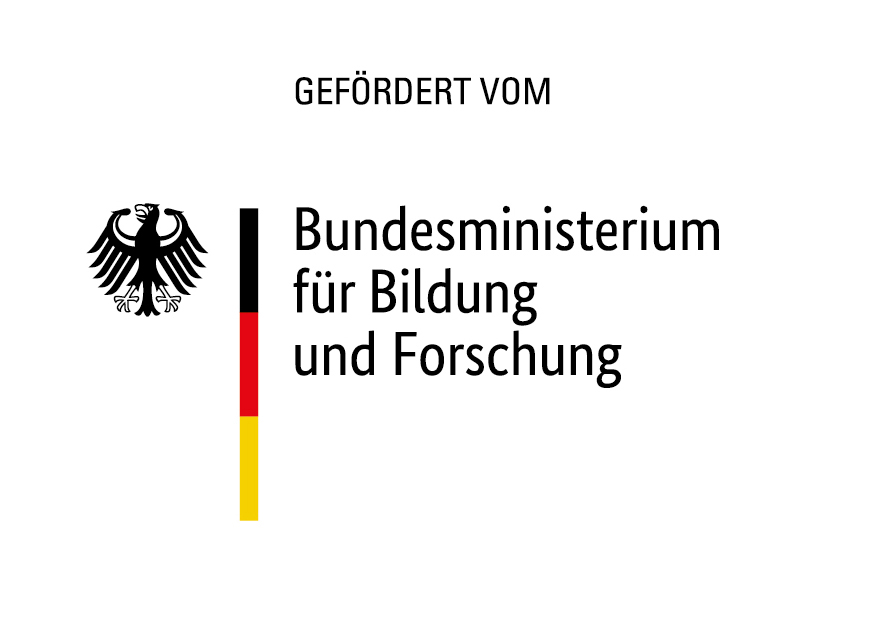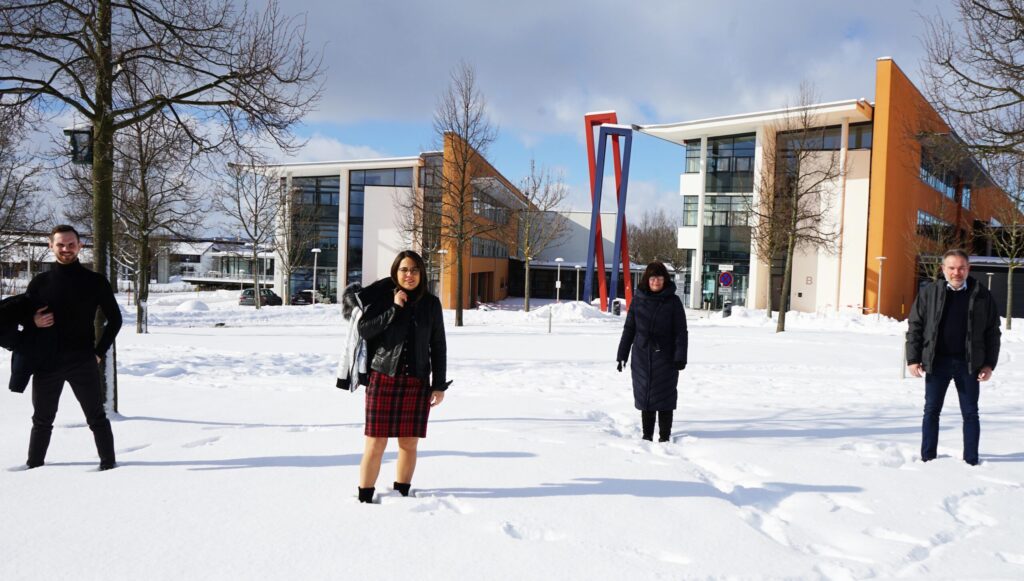In a project funded by the Federal Ministry of Education and Research (BMBF) entitled "WaterExe4.0", researchers at the Institute for Water and Energy Management (iwe) at Hof University of Applied Sciences are identifying success factors for the successful implementation of digitalisation projects in the water industry.

In a meta-study of the state of science, the products and solutions available on the market and digitisation projects already implemented in practice, a target-oriented overview of the research and innovation landscape as well as best practices in German-speaking countries is to be created.
Previous studies as a basis
The results from previous projects, such as "Smart Digital Transformation in the Water Industry" (SmaDiWa) and "KOMMUNAL 4.0 - Customised Services for the Water Industry", provide an important basis for the investigations. Although these and other projects have already developed many practical solutions and approaches to digitalisation in the water industry or analysed their suitability for practical application, hardly any projects have been implemented by municipal operators of water management facilities, with the exception of individual lighthouse projects or individual digital products (e.g. cyber-physical systems). The main reasons for this are, on the one hand, persistent fears of a lack of IT security or the expected and extensive changes. On the other hand, there is a lack of practical examples and guidelines that are suitable for transferring good ideas to their own circumstances.
In the "WaterExe4.0" project, which is headed by Professor Dr Manuela Wimmer and Professor Günter Müller-Czygan, qualitative and quantitative research methods form the scientific backbone of the meta-study.

Identification of previous and ongoing digitisation projects
On the one hand, the German-language research landscape is being analysed for research projects that have been carried out or are still ongoing on the topic under investigation with the aim of identifying digitalisation topics and categorising their results. The research is supplemented by an online survey in the fields of science, business and the municipal sector.
Companies, research groups, engineering firms, municipal organisations and professional associations are asked about planned and ongoing digitalisation projects in the water industry. The aim of this survey is to find factors that were of decisive importance for the success of the respective project and to analyse where the greatest obstacles are seen.
Qualitative interviews
In the third component of the project, industry participants with special knowledge and/or experience in the planning, installation and implementation of digitalisation projects are interviewed. Among other things, they will be asked for their opinions on the key areas of digitalisation expected in the next five years, the prerequisites for a successful digitalisation project, especially in the water industry, and the requirements for responsible employees.
Intensive analysis
In addition to providing the first comprehensive overview of digitalisation projects and technical solutions, the research results will be subjected to an intensive analysis in order to identify and define the decisive factors for the successful initiation and implementation of digitalisation projects in the water industry.
These can be of a technical nature, based on the advantages of specific software or also reflect non-technical skills or a pronounced organisational talent on the part of the project managers. All results and findings are compiled in a guideline designed to help users implement digitalisation projects independently. Users can also use the meta-study results to find suitable partners and solutions for their respective projects.

